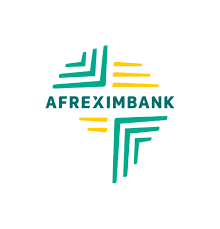The Deputy Minister of Energy in Ghana, Dr. Mohammed Adam, has expressed worry on the inability of Nigeria to keep to its July 2017 deadline of ending importation dirty fuel or petrol with high sulphur content.
Speaking in Lagos on Tuesday at the 11th Oil Trading and Logistics Expo, he noted that the most critical issue being discussed at all levels on the African downstream petroleum industry were the transition to low sulphur fuel.
Before the failed July deadline, Nigeria, Benin, Togo, Ghana and Cote d’Ivoire had agreed on December 1, 2016 to ban the importation of Europe’s dirty fuels, limiting sulphur in fuels from 3,000 parts per million to 50ppm.
Even though the Federal Government failed the initial date, it still could not make the July 1, 2017, thus attracting worries form neighbours who had complied.
According to Adam, “This drive to move from ‘dirty fuels’ to ‘cleaner fuels’ has resulted in most countries opting to tighten the specifications for gasoline (petrol) and gasoil (diesel)”.
The Ghanaian averred that the clarion call for African countries to move to cleaner fuels presented an opportunity for investment in domestic refineries to meet national specifications, allowing the downstream to be supportive of the development goals of African economies.
“Nigeria, for example, has deregulated the pricing of gasoil (diesel) while steps are far advanced for gasoline prices to be deregulated. Ghana has, largely, fully deregulated the industry with the exception of residual fuel oil and premix fuel, which are still being regulated by government. Elsewhere, Kenya and South Africa have deregulated their pricing regimes which have catapulted the industry to that of a market-driven one.
“I wish to call on the Nigerian government to make efforts at reaching full price deregulation given that it is the largest market for products; and any failure on its part can distort the sub-regional market we all envisage.
Since the inability to meet the latest phase out time set by itself, the federal government has remained silent on either why it failed the July deadline or when next it has set the new deadline.









